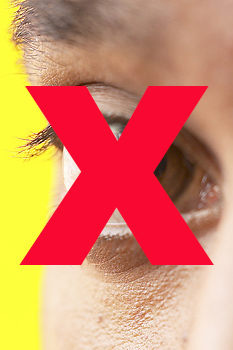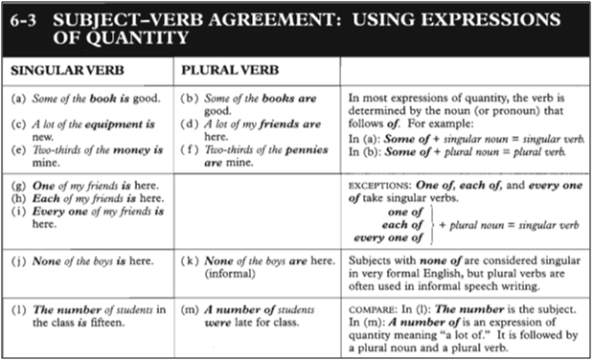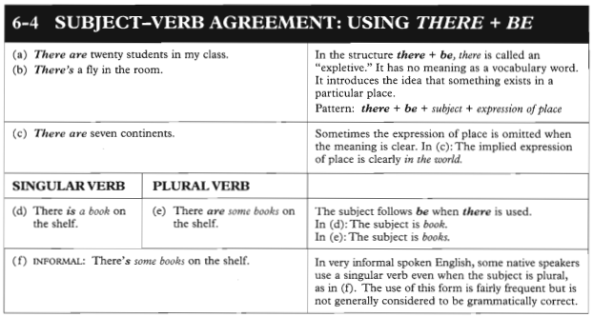A noun is a word used to name a person, animal, place, thing and abstract idea.
NOUN GENDER: IN ENGLISH HE OR SHE IS USED FOR PEOPLE AND IT FOR THINGS, BUT THRE ARE SOME EXCEPTIONS.
PROPER NOUN: YOU ALWAYS WRITE A PRPER NOUN WITH A CAPITAL LETTER, SINCE THE NOUN REPRESENT THE NAME OF A SPECIFIC PERSON, PLACE OR THING.
EXAMPLES:
*JAMAICA IS A BEAUTIFUL COUNTRY.
*BRENDA IS AN INTELLIGENT GIRL.
*OLOCUILTA IS THE CITY WHERE THE PUPUSAS WAS BORN.
COMMON NOUNS: ARE GENERAL NOUNS.
EXAMPLES:
*I HAVE A DOG CALLED DOGUY.
* SHE LOVES HER CAT.
*THIS IS THE TREE IN WHICH I USED TO PLAY.
*MY FATHER GAVE ME THAT CLOCK.
ABSTRACT NOUNS:

YOU CAN NOT SEE IT.

YOU CAN NOT HEAR IT.

YOU CAN NOT SMELL IT.

YOU CAN NOT TASTE IT.

YOU CAN NOT TOUCH IT.
EXAMPLES:
*YOU HAVE TO LIVE IN PEACE WITH YOUR FAMILY.
*HE HAS A BIG EGO.
*SHE HAS A GOOD IDEA.
COUNTABLE NOUNS: NOUNS THAT CAN BE COUNTED.
EXAMPLES:
*I ONLY HAVE SIX DOLLARS IN MY WALLET.
*MY SISTER´S CATS ARE TOO NOISY.
*I LIKE ALL THE CARS THAT THIS STORE HAS.
UNCOUNTABLE NOUNS: ARE NOUNS THAT CAN NOT BE COUNTED.
EXAMPLES:
*OXYGEN IS VERY IMPORTANT FOR HUMAN LIFE.
*FIRE WAS BURNING MY HOUSE.
*YOU HAVE TO DRINK WATER EVERY DAY.
COLLECTIVE NOUNS: NOUNS THAT REFER TO A GROUP OF THINGS OR PEOPLE.
EXAMPLES:
*I HAVE A BIG FAMILY.
*THE JURY WAS WRONG WHEN THEY PUNISHMENT ALL THAT PEOPLE.
* THE CLASS WAS VERY INTERESTING.
CONCRETE NOUNS: IS ANOUN WHICH NAME ANYTHING OR ANYONE THAT YOU CAN PRECEIVE THROUG YOUR PHYSICAL SENSES: TOUCH, SIGHT, TASTE, HEARING OR SMELL.
EXAMPLES:
*MY FATHER BOUGHT ME A COMPUTER.
*THIS IS A BEAUTIFUL LAKE.
*MY HOUSE WAS MADE WITH WOOD.
ABSTRACT NOUNS: IS A NOUN WHICH NAMES ANYTHING WHICH YOU CAN NOT PERCIEVE THROUGH YOUR FIVE PHYSICAL SENSES.
EXAMPLES.
*I CAN NOT LIVE WITHOUT LOVE.
*MY BROTHER IS AN INTELLIGENT MAN.
GENITIVE CASE
EXAMPLES:
*MY MOTHER´S HOUSE IS WONDERFUL
*MY BOYFRIEND´S CAR IS RED.
*MY BOSS´S CAR WAS STOLEN.
*THE GIRLS´ DOLLS ARE IN THAT BOX.
PLURAL NOUNS
EXAMPLES:
*MY PENS ARE IN THIS BOX.
*SHE HAS ONLY ONE PEN.
*MY STUNDENTS ARE VERY INTELLIGENT.
*THE STUDENT FORGOT THE HOMEWORK.























